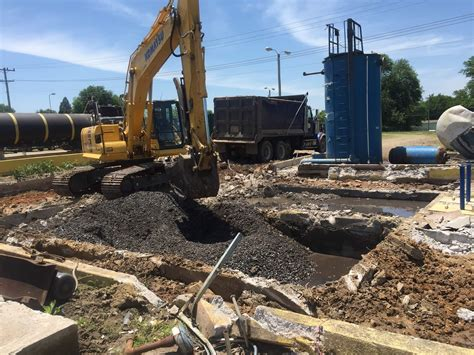Soil is simply a very porous, extremely insulating, but relatively inert substance. However, soil is often the underlying structure upon which all other life forms, plants for example, depend for their survival. Plants that are not planted in nutrient rich soil die off quickly because they cannot sustain life without it, while those that grow well in nutrient-rich soil can flourish for many years.
To grasp how soil plays such a key role in the health of our planet, it is important first to realize that soils not only hold the necessary nutrients for life, they also regulate climate and help regulate the level of oxygen in the atmosphere. Soils that are rich in organic matter and have been formed over time develop a complex physical and chemical make-up due to the different kinds of organisms living within them, and these make up a diverse community of microorganisms that collectively create and maintain the quality of soils. However, a soil’s composition is usually highly variable, depending on the kinds of organisms that live in it, its location, and what it experiences in its everyday environment. For details on Remediation Contractors, visit Soilfix
It is these three conditions, which together determine the quality of the soils in an area and the kind of vegetation and animal life that will thrive there. Soils with higher levels of dissolved organic matter are said to be better than lower levels, while soils that are nutrient poor are known to be poor in quality and should therefore be avoided. Soils that are rich in coarse aggregate are beneficial to plant life, because they provide a structure through their physical properties that slows down the rate of chemical reactions that lead to the growth of weeds and other plants that are not native to the area.





